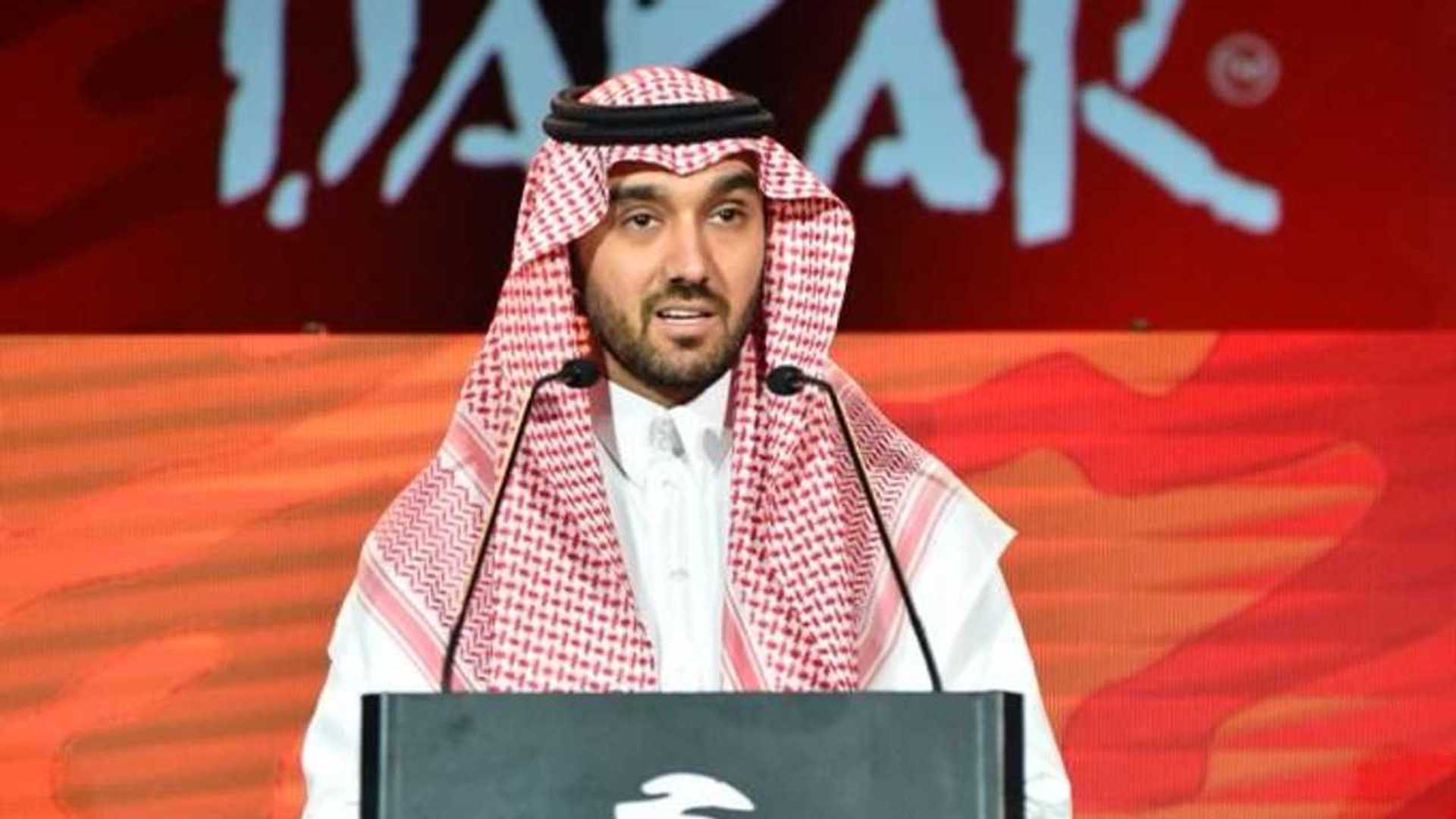As the world of motorsport evolves, Saudi Arabia is emerging as a significant player in the global racing scene. With ambitious plans and investments, the country is not only hosting prestigious events but also aiming to become a hub for motorsport in the Middle East. This article explores the future of motorsport in Saudi Arabia, highlighting key developments, challenges, and the broader implications for the region.
A Vision for the Future
Saudi Arabia is undergoing a transformative period, with Vision 2030 serving as the cornerstone of its economic diversification plan. This initiative aims to reduce the nation’s dependence on oil and develop sectors such as tourism, entertainment, and sports. Motorsport plays a crucial role in this vision, as the country seeks to attract international attention and investment.
Major Events and Investments
Saudi Arabia has made headlines by hosting several high-profile motorsport events, showcasing its commitment to becoming a key player in the industry.
- Formula E: Since 2018, Riyadh has hosted the ABB FIA Formula E Championship, a fully electric racing series. This event not only promotes sustainable technology but also positions Saudi Arabia as a forward-thinking nation in the realm of motorsport.
- Saudi Arabian Grand Prix: In 2021, the inaugural Formula 1 Saudi Arabian Grand Prix took place in Jeddah, featuring a street circuit renowned for its speed and excitement. This event attracted global attention and showcased the country’s capability to host world-class racing.
- Dakar Rally: Saudi Arabia has become the new home for the Dakar Rally since 2020. This grueling off-road race has brought international competitors to the country, significantly boosting its visibility in the motorsport community.
Infrastructure Development
To support its growing motorsport ambitions, Saudi Arabia is investing heavily in infrastructure development. This includes the construction of state-of-the-art racetracks and facilities that meet international standards.
- Jeddah Corniche Circuit: Designed for Formula 1, this circuit is one of the longest street circuits in the world, featuring a stunning waterfront backdrop that enhances the spectator experience.
- King Abdulaziz Racetrack: Located in Jeddah, this facility is being upgraded to host various motorsport events, including endurance racing and drifting competitions.
- Motorsport Academies: Saudi Arabia is also focusing on developing local talent through motorsport academies, providing training and resources to aspiring racers and engineers.
Economic Impact and Opportunities
The surge in motorsport activities is expected to have a profound impact on Saudi Arabia’s economy. The influx of international events encourages tourism, boosts local businesses, and creates job opportunities.
- Tourism Revenue: Hosting major motorsport events can attract thousands of visitors, leading to increased spending in hotels, restaurants, and entertainment venues.
- Job Creation: The growth of the motorsport industry will create jobs not only in racing but also in sectors such as hospitality, event management, and logistics.
- Global Partnerships: Collaborations with international racing organizations and teams can lead to knowledge transfer and investment, further enhancing local capabilities.
The Role of Technology and Sustainability
As the world grapples with climate change, the motorsport industry is increasingly focusing on sustainability. Saudi Arabia is keen to align its motorsport initiatives with global sustainability goals.
- Electric Racing: The Formula E series emphasizes electric vehicle technology, and Saudi Arabia’s investment in this area aligns with its goals of reducing carbon emissions.
- Sustainable Practices: The country is also promoting sustainable practices within events, including waste reduction, energy efficiency, and eco-friendly transportation options for fans.
- Innovation Hubs: The establishment of technology hubs will encourage research and development in automotive technology, particularly in areas like electric and hydrogen fuel technologies.
Challenges Ahead

Despite its ambitious plans, Saudi Arabia faces several challenges in establishing itself as a motorsport powerhouse.
- Competition: The country must compete with established motorsport nations like the UK, Germany, and Italy, which have a rich history and infrastructure in racing.
- Cultural Perception: As a nation that has traditionally focused on conservative values, Saudi Arabia may face cultural resistance to certain aspects of motorsport, such as the lifestyle and image associated with racing.
- Regulatory Environment: Ensuring a supportive regulatory framework that facilitates investment and innovation in motorsport is crucial for the industry’s growth.
Case Studies: Global Comparisons

To understand Saudi Arabia’s potential, it is useful to examine successful case studies from other nations.
- Abu Dhabi, UAE: The Yas Marina Circuit has successfully hosted Formula 1 races since 2009, contributing to Abu Dhabi’s reputation as a luxury travel destination and boosting its economy.
- Singapore: The Singapore Grand Prix has turned the city-state into a global motorsport destination, generating significant tourism revenue and enhancing its international profile.
- Australia: The Australian Grand Prix in Melbourne has been a staple of the F1 calendar, showcasing how effective event management and local engagement can lead to sustained success.
Looking Ahead: A Bright Future
_1.jpg?0ZovTvwblSGWJs0TK.6JZEPGVDtrOMIu)
The future of motorsport in Saudi Arabia looks promising as the country continues to invest in infrastructure, technology, and sustainable practices. By hosting prestigious events and fostering local talent, Saudi Arabia aims to carve out a significant place in the global motorsport landscape.
Moreover, the integration of motorsport within the broader context of tourism and economic diversification aligns with the nation’s long-term vision. If the country can navigate its challenges effectively, it has the potential to become a leading destination for motorsport, contributing to the growth and development of the entire region.
In conclusion, Saudi Arabia is on the brink of a new era in motorsport, characterized by significant investments, world-class events, and a commitment to sustainability. The country’s strategic initiatives under Vision 2030 aim to position it as a global player in the motorsport arena. While challenges remain, the opportunities presented by this burgeoning industry could not only reshape Saudi Arabia’s economic landscape but also enhance its global image. As the nation revs up its engines, motorsport fans and stakeholders worldwide will be watching closely to see how this new chapter unfolds.



